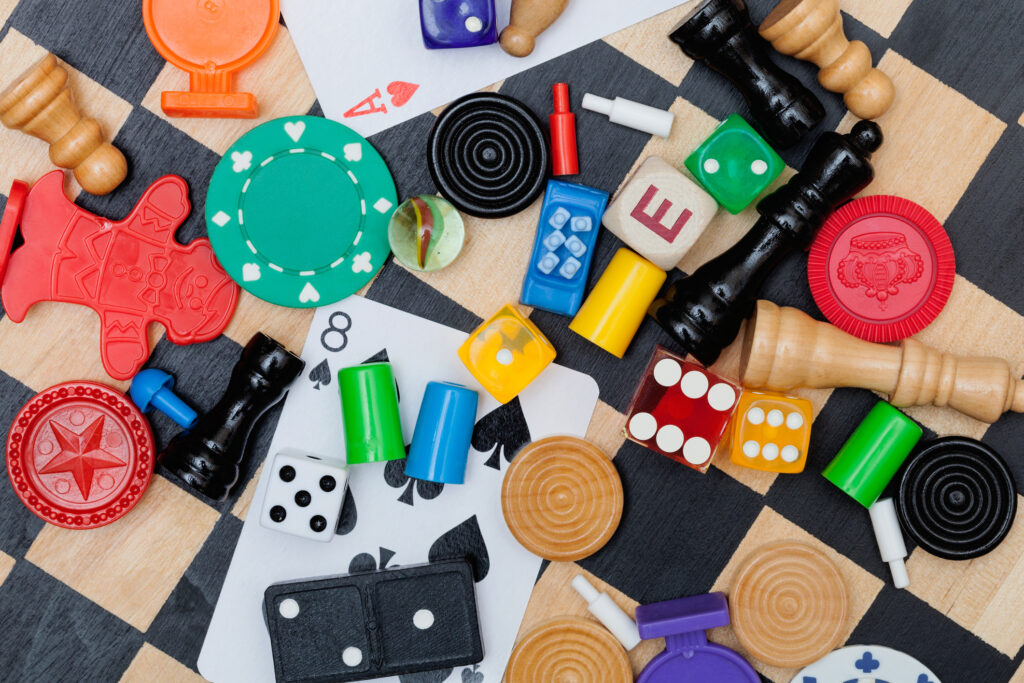As we age, maintaining cognitive health becomes increasingly important. Playing board games like Scrabble, chess, Monopoly, dominos, and poker can have significant benefits for seniors, helping them stay mentally active and engaged while also providing opportunities for social interaction.[1]
Game #1 – Scrabble
Scrabble is an excellent game for enhancing linguistic skills and cognitive flexibility. Players must strategically use their letters to create words, challenging their vocabulary and language processing skills. The need to optimize point values and board position encourages strategic thinking, improving executive functions. Scrabble stimulates the brain areas responsible for memory and complex thought processes, keeping the mind sharp and active.[1]
Game #2 – Chess
Chess, a game of strategy and tactics, is renowned for promoting critical thinking. It requires players to anticipate their opponent’s moves, plan their strategy, and adjust it dynamically based on the game’s progression. This stimulates problem-solving skills, improves memory and cognitive flexibility, and promotes mental agility. Studies have shown that regularly playing chess can slow cognitive decline and improve mental acuity in seniors.[1]
Game #3 – Monopoly
Monopoly, a classic board game, encourages strategic planning, negotiation, and financial management. It tests players’ decision-making skills, as they must manage resources, plan ahead, and negotiate with their opponents. This stimulates cognitive abilities and encourages social interaction, which can combat loneliness and promote mental well-being.[1]
Game #4 – Dominos
Dominos, a game that combines strategy and chance, improves numerical abilities and strategic thinking. Players must match their dominos with the ones on the board, requiring them to think ahead and adapt their strategy based on the game’s progression. This can help seniors maintain their cognitive health and improve their problem-solving skills.[1]
Game #5 – Poker
Poker, while not a board game, is also beneficial for seniors. Poker requires players to employ strategy, consider probabilities, understand their opponents’ psychology, and make quick decisions. This helps improve memory, attention, and executive functions. Moreover, poker is often played in social settings, which can help seniors foster social connections and combat feelings of isolation.[1]
So, roll the dice, play a card, or move a pawn – your brain will thank you for it. Keeping your brain sharp is also key for retirement planning. If you are interested in a guide for your financial journey, [sc name=”comp_review”] to reach out to one of our professionals for a complimentary review of your situation.





